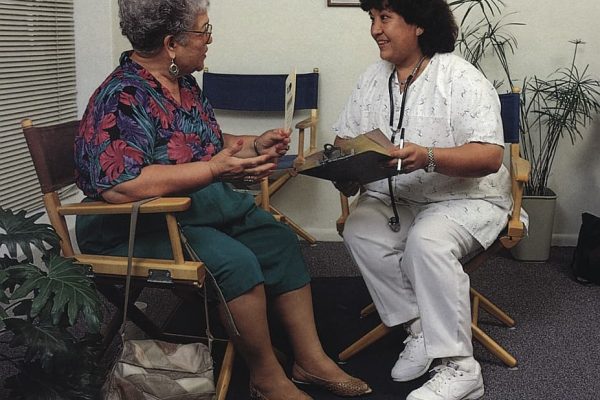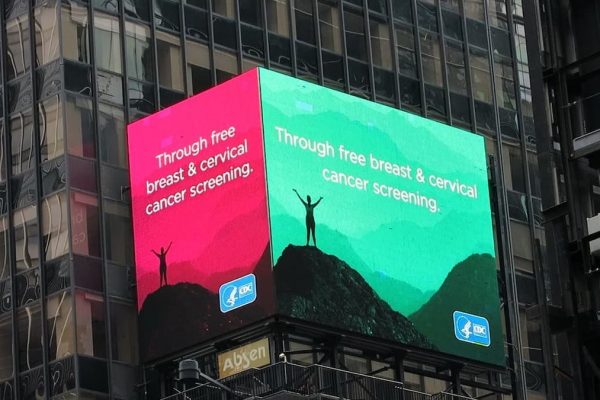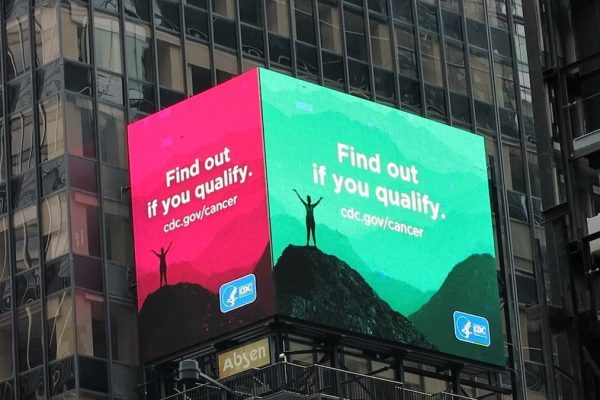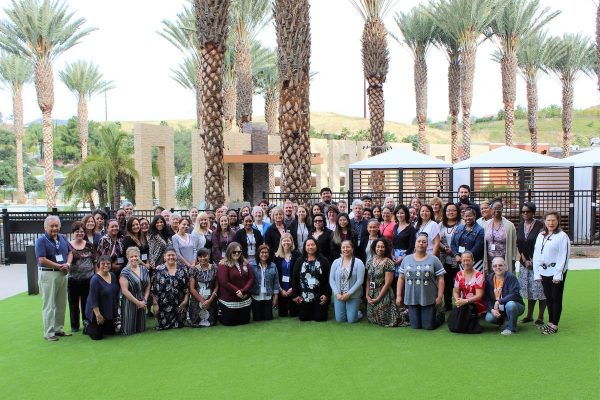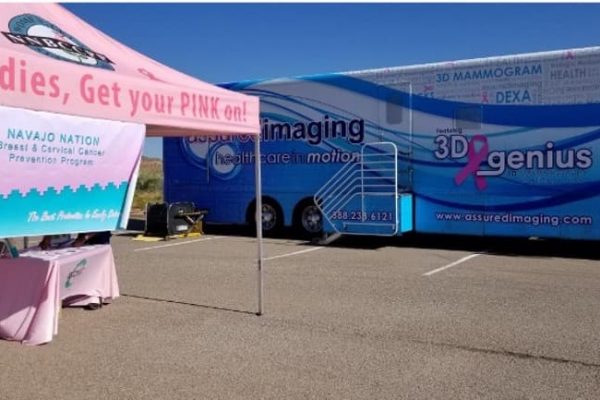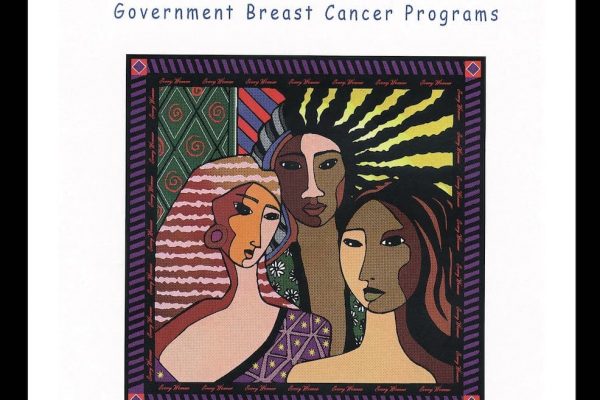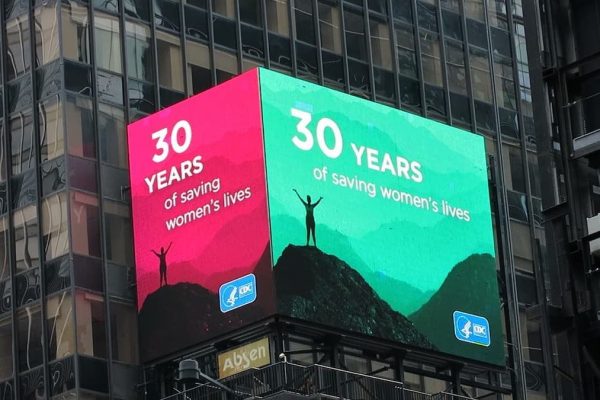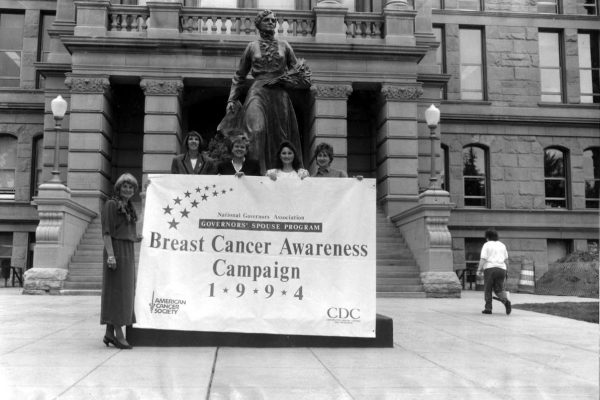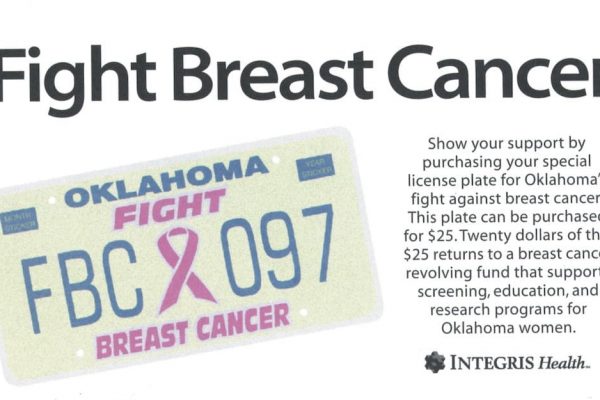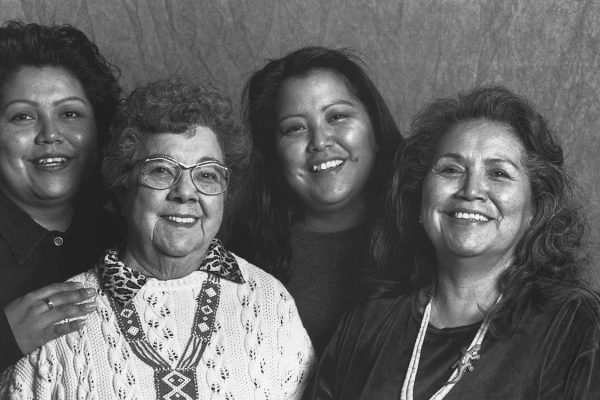Testimonials
As a member of the Senate Appropriations Committee, I remain committed to ensuring funding for this vital program so it can continue its critical role in providing access to these medical services and help avoid often preventable deaths. Now, as we take this moment to look back at all the program has accomplished and the many who have been touched by it, it is essential we also look forward to continuing our fight against the disease which takes far too many of our mothers, sisters, daughters, and friend."

Congratulations to the CDC as organizers of the event for both pausing to celebrate and for assembling such an impressive panel on the beginnings of the program. Having legislative icons in former Senator Mikulski and former Representative Waxman-who made this historic program happen is exciting. I know their insights and perspectives will be informative and interesting. Dr. Jeffrey Koplan, Dr. James Marks and Rosemarie Henson created a vision for the program’s organization and implementation that clearly laid a foundation for long-term impact. These three public health leaders have had amazing careers for a reason."









Two Days of Thought Leadership & Peer Engagement
Engage with CDC breast and cervical cancer screening award recipients and partners to build upon cancer screening processes from the last 30 years, accelerate efforts to improve screening outcomes in the future, and close gaps that persist in some groups.
CDC awardees, partners, and other public health professionals are invited to attend our virtual event and celebration.

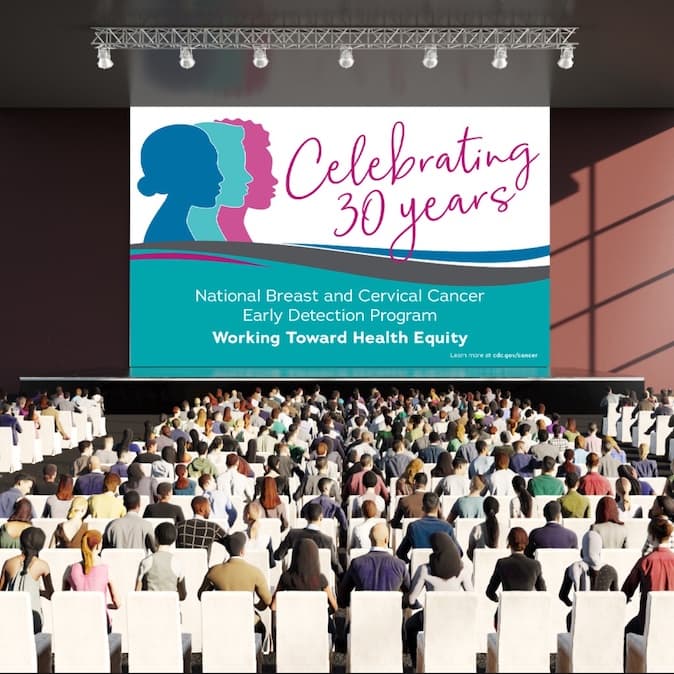
Saving Lives through Early Detection of Breast and Cervical Cancer
According to the most recent U.S. Cancer Statistics report (2018) more than a quarter-million women were newly diagnosed with breast cancer, and more than 42,000 died from the disease. While the rate of deaths from breast cancer has decreased since 2004, it is the second-most common causer of cancer deaths in U.S. women. Cervical cancer once was the leading cause of death for women in the U.S. During the past five decades, incidence and mortality from cervical cancer have declined significantly due to the widespread use of the Papanicolaou (Pap) test to detect cervical abnormalities. Despite the decline, in 2018, more than 12,000 women were diagnosed with new cases of cervical cancer, and more than 4,000 women died from this preventable disease.
Cancer is a disease that can affect anyone,
but it does not affect everyone equally.
Black women have the highest death rate from breast cancer, and among Latinx women, breast cancer is the number one cause of cancer deaths. Although cervical cancer incidence and mortality is declining overall, rates are considerably higher among Latinx and Black women.
Working together we can help save lives through early screening and detection, leading to effective treatment decisions.
Then & Now
Browse images of the 30 years of the program. Share your favorite ones on social media using #ScreenOutCancer30! For a timeline of events, visit here.
The “Enhancing Cancer Program Grantee Capacity through Peer-to-Peer Learning” project is supported by the Centers for Disease Control and Prevention of the U.S. Department of Health and Human Services (HHS) as part of a financial assistance award totaling $850,000 with 100 percent funded by CDC/HHS. The contents are those of the author(s) and do not necessarily represent the official views of, nor an endorsement, by CDC/HHS, or the U.S. Government.

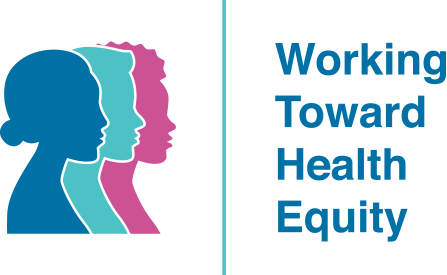
Copyright © 2021, National Breast and Cervical Cancer Early Detection Program.


